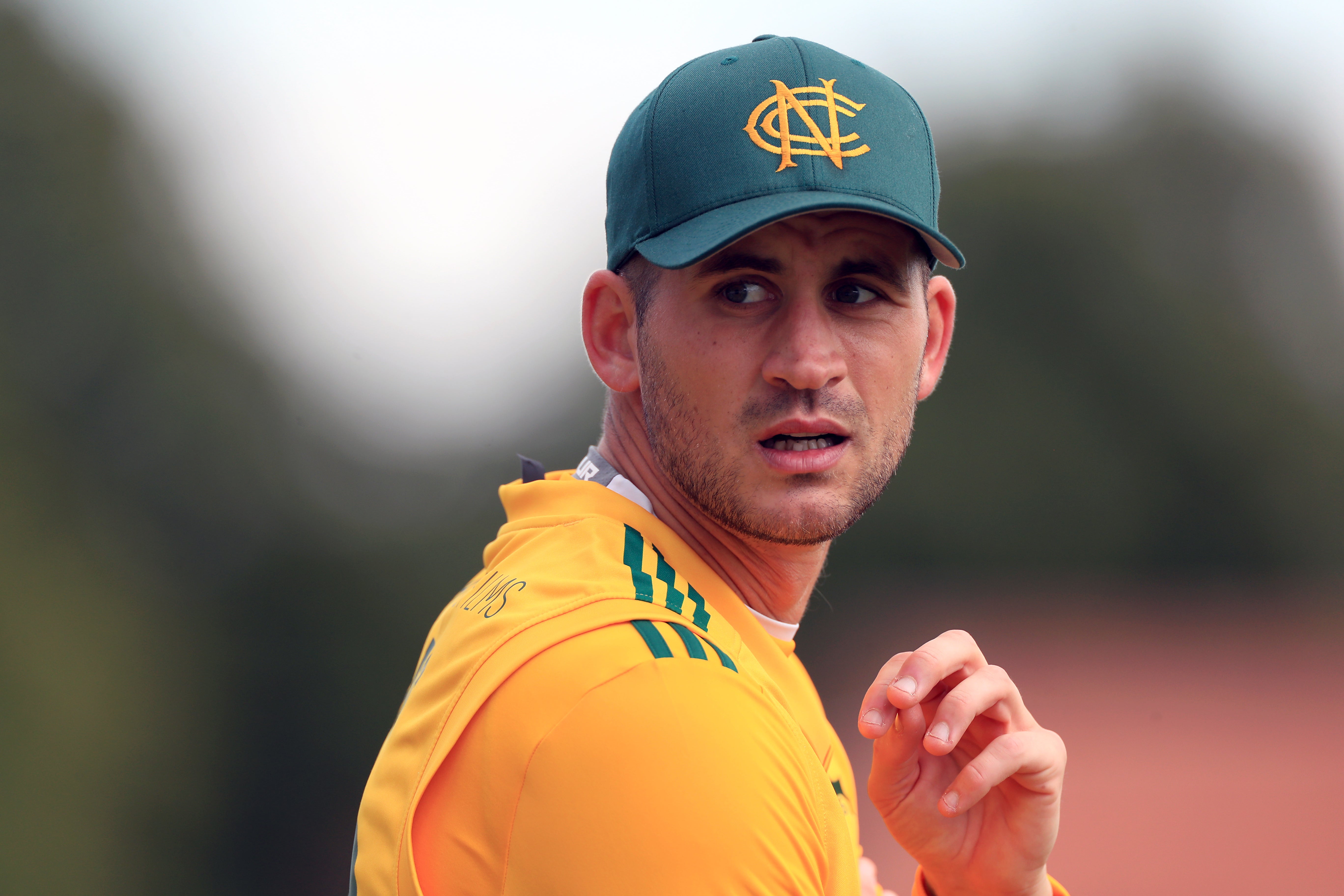Alex Hales is one name among many – cricket has to focus on more than individuals to create lasting change
While it is a difficult time to be a proud participant in the game, we needed something of this magnitude to create real impetus


Stories of discrimination, sexism, racism, abuses of power and influence all swirl around the game of cricket daily. The spotlight is now being turned to Alex Hales, not a stranger to controversy, who we now know wore blackface to a fancy-dress party some years ago.
Hales is perhaps a prime example of the weird and unique place that cricket occupies in this country. Professional cricketers are in this strange sweet spot – the ego of being professional sportsmen, with some decent cash to boot, but the anonymity of it only being cricket which, in contrast to football, for example, does not have the immediate media scrutiny on their personal lives. Fuelled by this power, behaviour goes unchecked, and the cycle repeats.
Hales has apologised for what is inexcusable behaviour. But he too is an individual that has been operating in a system that has failed to root out such behaviour. It’s going to get worse for cricket before it gets better. While it is a difficult time to be a proud participant in the game, for any change to occur it needed something explosive.
The unravelling racism scandal might just be it.
As in many, many sports – or indeed areas of life in general – when it comes to discrimination, conversations have periodically taken place and it has been agreed that the sport needs to do better, that we’d educate ourselves. There have been slogans on shirts. Action plans have been created by the governing body, the England and Wales Cricket Board (ECB) – laying out investment and priorities, with guidance and goals towards better representation. All of this strives to improve the culture of the game and the behaviour that comes with it.
Only, however bold a statement might be, or the sincerity of the intent for that culture to change, for this to take effect it needs more. It needs active recruitment of ethnic minorities, of women, of state-school educated people into the professional player pathways, its coaching, its administration and media. And this step, the crucial one, has always been a step too far. It’s all very well stating that those in place will and can reform, but to replace them, us, in order for that reform to even start to occur? Few have been willing to make that sacrifice. Nor to call out when discrimination does occur because, as Azeem Rafiq has shown, to do so is to scupper your own career, relationships and wellbeing. You become “the problem, the difficult one”.
While Rafiq is brave beyond words for bringing the racism he faced into the wider public domain, he is also an individual who, like most of us, is flawed. He used antisemitic language and it is disappointing and wrong that he did so. This, too, is racism. He has apologised, unreservedly and immediately in the wake of the comments being made public – a first and integral step towards change. Others might take note.
Rafiq’s own actions, however, do not lessen the racism that he received himself. Instead, it only strengthens the assertion that such conduct was, and remains, widespread and systemic in professional cricket. That so many new stories are coming to light demonstrates that this is an environment in which racist, or sexist, or homophobic comments were the norm.
By making it about the individual, in highlighting Azeem’s own flaws, we are deterring anyone else from speaking about this troubling culture. Because we all have a past; if only perfect people spoke out nothing would ever change.
What needed to be exposed, and what might finally now instigate the change we need, are the flaws in the structures, and not the individuals, which allowed for such conduct to become so commonplace. Where the immediate reaction was to first try and cover up something, to prevent it from coming to light, rather than asking why such behaviour could even have occurred in the first place.
The revelations surrounding the resignation of Australia men’s Test captain, Tim Paine, add to this. The details of his allegedly unsolicited sext messages remain scant, but we know that Cricket Australia investigated at the time, cleared him of any conduct breach and only when the episode was set to become public did further action take place – resulting in his immediate resignation. In a sense one can feel sorry for some of these men, operating in a world in which this conduct was implicitly condoned. Paine’s actions were wrong, ill-advised and part of a wider issue of the way women are treated, but there is no doubt that many more individuals across the game past and present will have acted inappropriately – or worse. The only difference is Paine’s conduct, or Rafiq’s, or Hales’s have been made public.
It is not about those individuals, therefore, but the power structures that not only made it OK to behave like this but both encouraged it and made it almost impossible to speak out.
It should not be individuals taking the fall. There are plenty who were older, wiser and more powerful, who have created an environment in which these young men thought they could say these things, act in certain ways and treat others deplorably. Structural change is needed – and only when that happens will we see a true difference across the game.
Isabelle Westbury is a sportswriter and lawyer – and a former Middlesex captain
Join our commenting forum
Join thought-provoking conversations, follow other Independent readers and see their replies
Comments
Bookmark popover
Removed from bookmarks